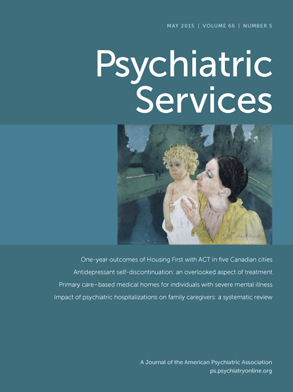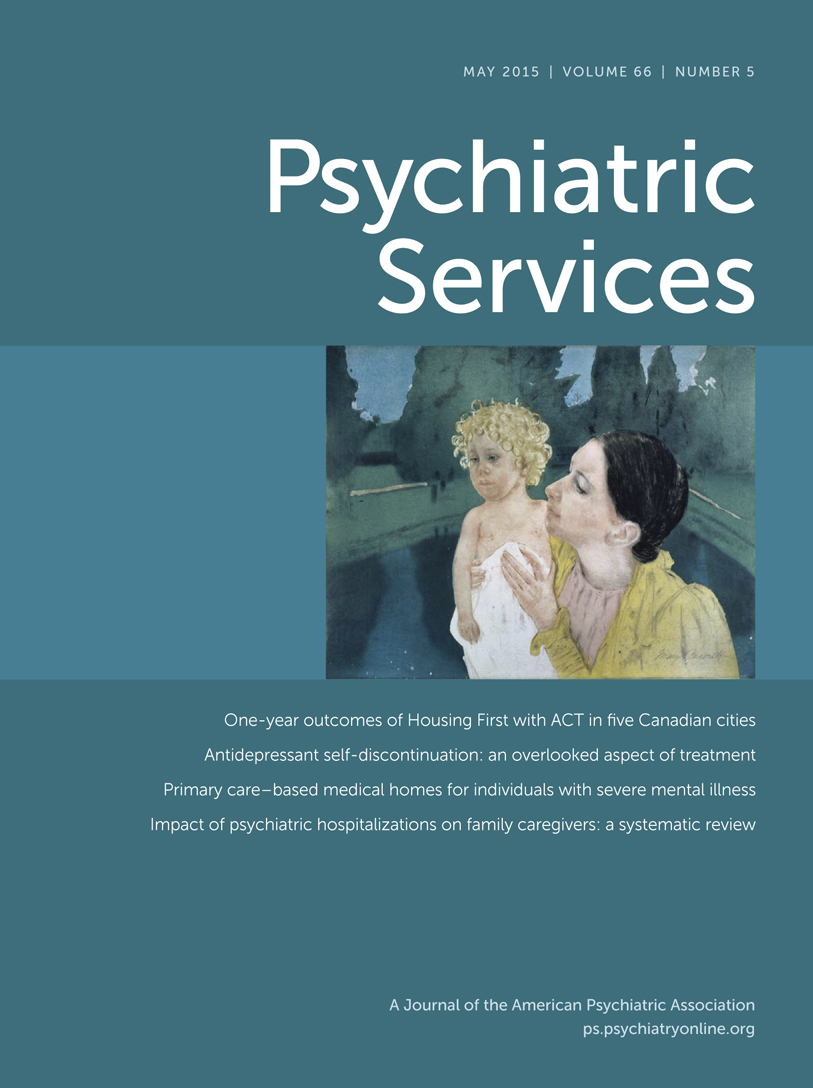TO THE EDITOR: Peers are increasingly providing integrated substance abuse treatment, case management, and recovery coaching, and they are starting to adopt motivational interviewing (MI) to enhance their services. Both clinicians and peer providers have used MI to foster behavioral change by expressing empathy, developing discrepancy, rolling with resistance, and supporting self-efficacy. These principles align with peer support, which is empathic, nonjudgmental, and person driven (
1). Peer services and MI have been empirically supported separately in their respective bodies of research, and both have been promoted as ways to ensure that services are recovery oriented. Organizations are therefore starting to amalgamate the two practices.
Some might argue that researchers have yet to provide any empirical justification for combining peer support and MI. Recently, Gillard and colleagues (
2) identified core processes in the peer role that promote consumer change. Briefly, peers are able to build trusting relationships based on shared lived experience, model how to live successfully with mental health problems, and connect consumers with mental health services and the community. Do the change mechanisms that characterize peer-provided services coincide or interfere with the change mechanisms of MI?
For MI to be effective, providers must exhibit behaviors consistent with the principles of MI. Failure to do so is related to poor consumer outcomes (
3). At this stage, we do not know whether shaping peer behaviors to fit MI principles would nullify the potential benefits of peer support. Conceivably peers are effective precisely because they do not behave like traditional providers. Role confusion has been an ongoing struggle for peers (
4), because they have more permeable boundaries with consumers than traditional providers do. Peers disclose personal details to inspire trust, dispel stigma, and instill hope. Relating to consumers on this level builds rapport and strengthens engagement. But peers rarely self-disclose in a manner that is consistent with MI.
If peer-administered MI is to become formalized, peer providers will need to know how and when to use MI, and no guidelines are yet available. However, when engaged in peer-administered MI, peers might ask permission to share their recovery stories to illustrate the process of sorting through ambivalence and weighing the pros and cons of changing a behavior. Or peers might use specific details of their stories to frame open-ended questions, normalize experiences, elicit change talk, or provide nonjudgmental feedback.
Peers will need to be thoughtful and judicious when using MI. Skills erode quickly without ongoing instruction (
5). Because peers rarely receive supervision in MI, organizations should institute regular training sessions specifically modified to ensure that peers continue to use MI techniques appropriately and continue to embody the MI spirit while preserving the essential ingredients of peer support. Future research should recruit peers and MI practitioners to engage in observational and modeling work to establish a theoretical and empirical basis for peer-administered MI. Once peer-administered MI is validated, peers should be involved in guiding its implementation.

